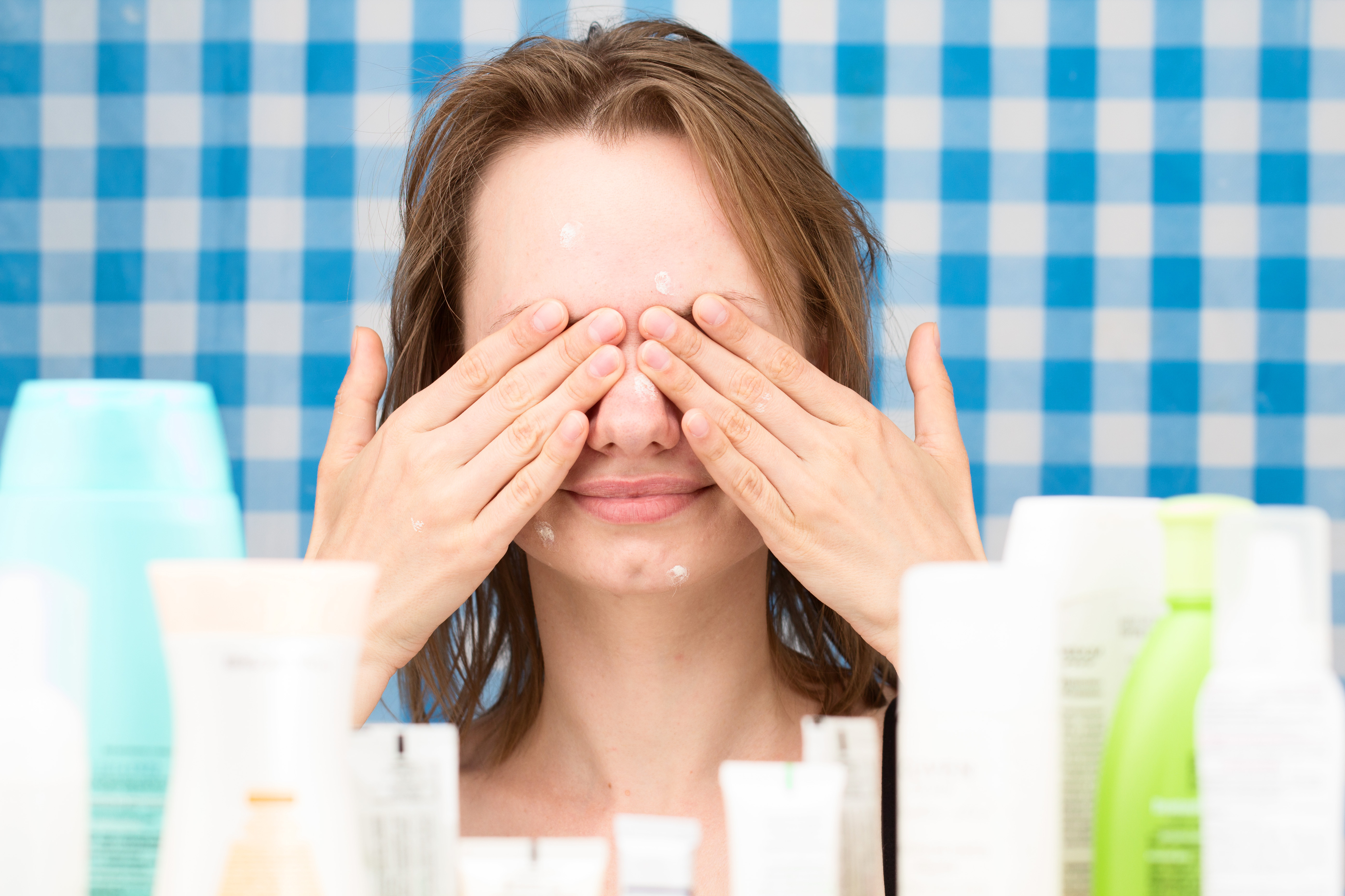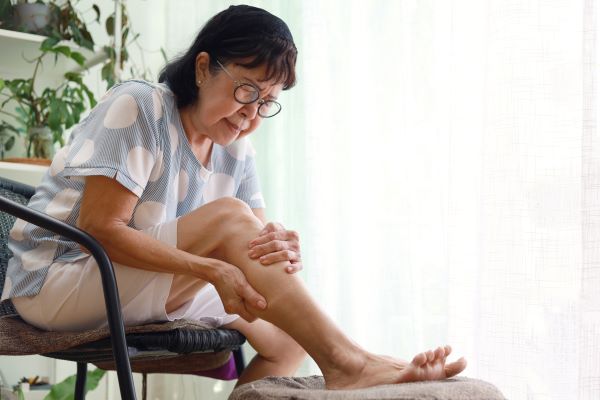-
Acne is a very common skin condition affecting 85% of Australians aged 15-24 years old. And for many, it can have an effect on their self-esteem and confidence.
There is a lot of misinformation circulating about acne, which means people often suffer needlessly when a solution could be simple, inexpensive and quite effective.
The Skin & Cancer Foundation shares the facts on acne, and what really works when it comes to treating it.
Is acne caused by poor hygiene?
Acne happens when the oil glands (pores) in the skin become blocked. Hormones make the oil glands produce more oil (sebum) and if the pores are blocked, a build-up occurs and you've got acne. It is not caused by poor hygiene.
However, keeping your skin clean will help manage acne, BUT you can’t ‘wash acne away.’ Too much scrubbing may further irritate the skin and trigger inflammation. Blackheads are not dirt. They are pores clogged with a bit of oil that’s open to the air – oxidisation turns it black. If the skin covers the oil and any pus, this presents as a whitehead, pimple or zit.
Is picking and squeezing pimples ok?
Don't do it! You may be getting rid of the core of the pimple, but you create more inflammation, which contributes to scarring.
Does eating chocolate cause acne?
No - chocolate doesn't cause acne! Although diet is important, in many cases having a good diet alone will not 'cure' acne.
There is increasing evidence that low glycaemic index foods, such as fruits, vegetables, nuts and grains, may help acne, so once again, the importance of a healthy diet is emphasised.
Can cheap make-up and moisturisers make acne worse?
Some face moisturisers or make-up can make acne worse. Choose water-based, oil free make-up and use mild, or soap-free liquid cleanser without abrasives, detergents and alcohol.
A high price tag is not necessarily a guarantee of quality. Look for a mild 'soap free' liquid face cleansers with a pH balance at 5.5 or slightly acidic to match that of the skin.
Can sunlight or sun-baking improve acne?
There’s no link between sun exposure and acne prevention. In fact, sun exposure can cause real damage including premature wrinkles, ageing, skin cancer and melanoma. It is important to protect your skin from the sun’s harmful ultra-violet (UV) rays.
Many ‘oil free’ SPF30+ broad-spectrum sunscreen products containing physical blockers are relatively heavy creams and may worsen acne. Only those broad-spectrum sunscreens that are labelled as non-comedogenic are suitable for acne prone skin. These are relatively easy to get at your pharmacist or local supermarket.
What actually works?
Some acne treatments can be bought over-the-counter at pharmacies. These acne products are available to treat mild to moderate acne or periodic breakouts. They include cleansing lotions, gels, foams and towelettes, leave-on products, and treatments or kits. How do you know which one is best for you?
It is a good idea to talk to a pharmacist before you buy a product to find out which treatment might be the most useful for you. A cleanser for acne-prone skin may be all that is needed for mild acne. Don’t rely on advertisements or the advice of friends.
Non-prescription products may cause irritation and dryness in some people. Reduce the frequency of application if this happens. Stop using the product if severe irritation occurs and see your doctor.
Narrow-band blue and red light is also used to treat mild to moderate acne. This pain-free light is safe and uses no ultraviolet (UV) light or lasers. When these lights are used as a treatment for acne, it kills the acne-causing bacteria that can form within the sebaceous glands causing break outs.
If acne persists after appropriate skin care, there are more sophisticated prescription treatments available. If it is severe, or causing concern for any reason, consider seeing your doctor and getting a referral to a dermatologist.
The Skin & Cancer Foundation Inc is now running a pilot project to Victorian schools with reliable and authoritative teaching resources about acne. #PROJECTACNE is designed to provide students with authoritative and reliable information about acne and skin care.
Acne: fact or fiction?

-
What causes muscle cramps?
Dr Helen Surtees explains what causes muscle cramps, how to prevent them, and how to stop them quickly.
-
What causes bad breath?
Find out how to keep your mouth smelling fresh
-
Signs to look out for when a cold is getting more serious
When you should see a doctor for a cold.
-
The health checks to keep in mind at different stages in your life
Have you had these health checks?
-
Bowel cancer: risks, symptoms, diagnosis and treatment
Learn more about bowel cancer
-
Flu myths debunked
Is 'man flu' real? Can you catch the flu from the flu vaccine? We separate flu facts from flu fictions.
Subscribe to receive the best from Live Better every week. Healthy recipes, exercise tips and activities, offers and promotions – everything to help you eat, move and feel better.
By clicking sign up I understand and agree to Medibank's privacy policy






